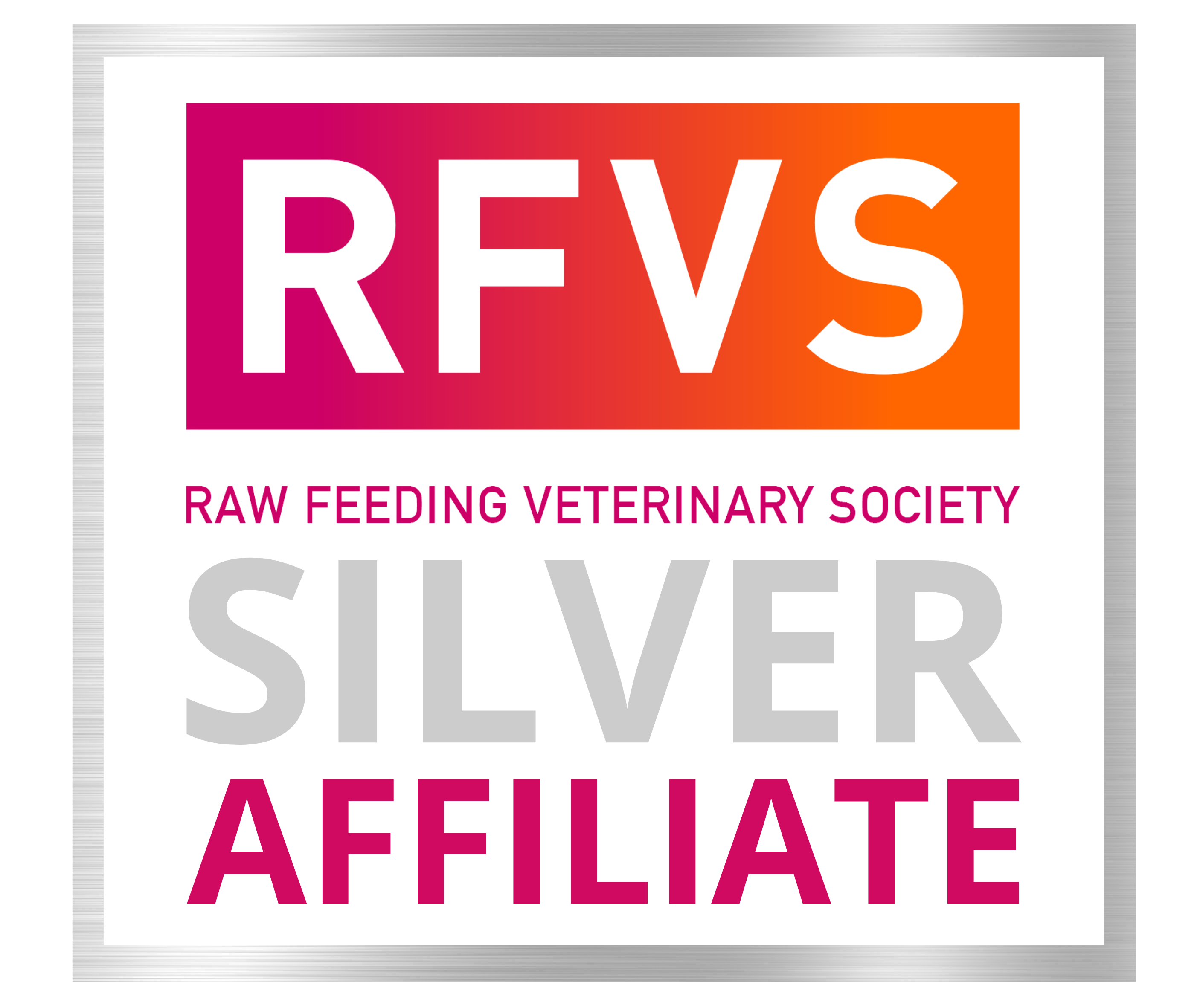Blood Tests & Raw Feeding
HOW RAW FEEDING CAN IMPACT TEST RESULTS
Following a blood test with your veterinarian, raw-feeders sometimes find that their dog’s blood urea nitrogen (BUN), or blood creatinine (both used to assess urinary tract function) are slightly elevated. When the mechanism of production of these compounds is examined, this elevation makes sense.
A 2003 study1 compared the blood values for 256 healthy, adult dogs of various ages and breeds. The dogs were divided into two groups: one group was biscuit-fed, and the other had been raw-fed for at least nine months. There was no significant difference in results between the two groups, with the exception of: Haematocrit (Packed Cell Volume, PCV) BUN (Blood Urea Nitrogen), and creatinine. These parameters were, on average, higher than for the biscuit-fed group. They were all still within the acceptable normal range for a healthy dog.
Haematocrit (PCV)
PCV refers to the amount of red blood cells found in the total blood volume. Raw-fed dogs receive more highly digestible animal protein (as opposed to plant proteins and protein from animal by-products in biscuits), and therefore more highly available sources of iron and B vitamins, which are requisite for red blood cell growth. A slightly elevated PCV is not surprising under these conditions.
Blood Urea Nitrogen (BUN)
BUN is produced in the liver from protein digestion, and is filtered from the blood by the kidneys. BUN will be too low on a low protein diet, with liver disease, or steroid use. BUN will be too high when protein digestion, or kidney function is compromised. Raw-fed dogs have a complete range of highly digestible, animal-based, amino acids available to them, so it is not unexpected that more BUN is produced. Human BUN also increases on a higher protein diet. A diet consisting of meat, bones, and organs will provide a normal level of protein for a carnivore.
Creatinine
Creatinine is a muscle break-down product and is also filtered from the blood by the kidneys. It will be elevated when there is renal (kidney) dysfunction, dehydration, gastrointestinal bleeding, and due to dietary factors. Normal healthy kidneys produce consistent creatinine over time.
CONCLUSION
The slightly higher values in the raw group are not surprising given that they relate to protein metabolism. Dogs on a carefully planned, balanced raw diet receive high quality, complete protein from animal sources which is more easily utilised than inferior protein sources in biscuits. There is a need for a set of normal reference values to be developed specifically for raw-fed dogs in order to allow for more accurate assessment of blood results.
1Wynn S G, Bartges J, Dodds W J. Raw meaty bones-based diets may cause prerenal azotemia in normal dogs. AAVN Nutrition Research Symposium, June 2003 (abstr.)

